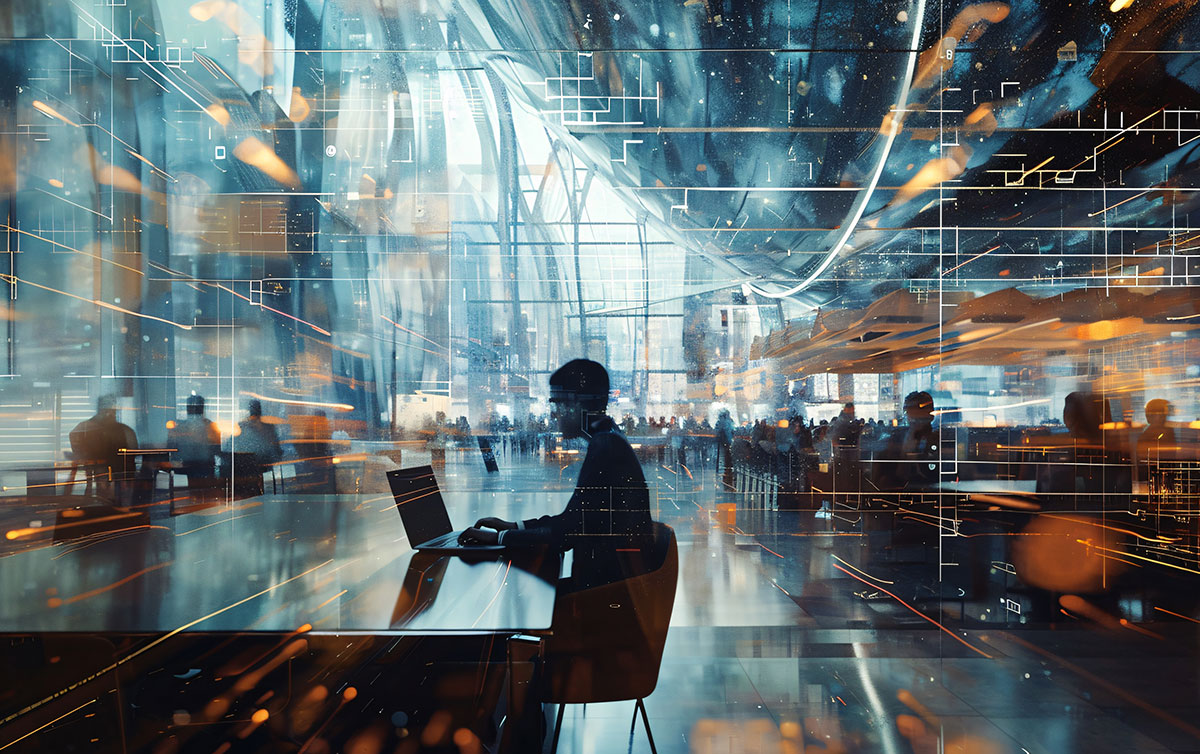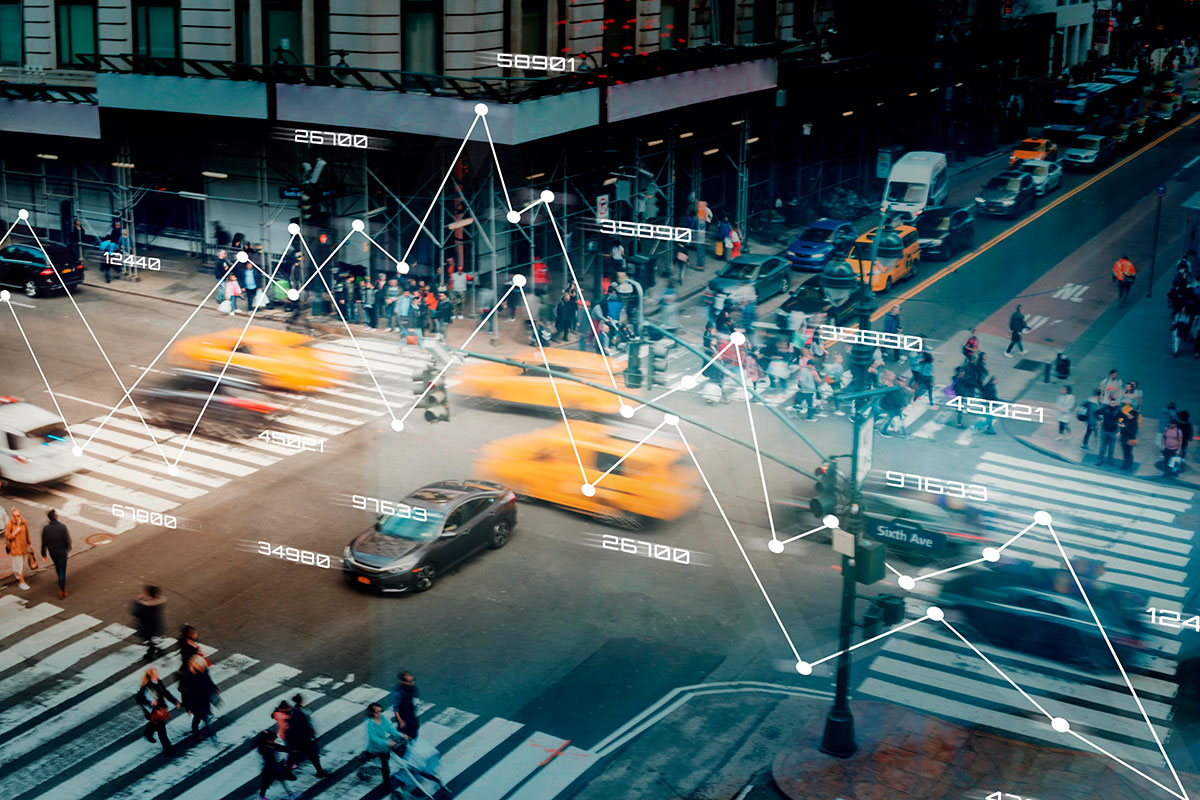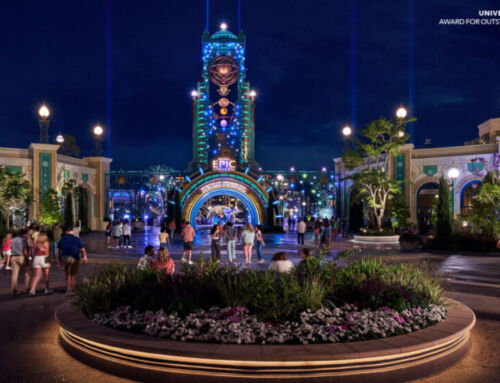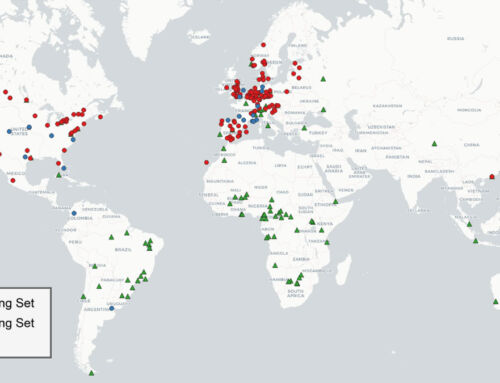It is estimated that 70% of the population will be living in cities by 2050. Smart cities represent the hope that this immediate urban future will be sustainable. For this to happen and for the quality of life of citizens to improve in them, the role of new technologies is fundamental.
Therefore, the cities of the future are preparing for the challenges of climate change, natural disasters and emergencies. But let’s look at some examples of the innovations that these technological cities will bring, some of which, by the way, are already underway:
- Smart transport: autonomous cars and connected public transport will serve to optimise mobility and reduce road congestion.
- Efficient energy management: solar energy, smart LED lighting and waste management will seek sustainability and therefore reduce the carbon footprint.
- Connected infrastructure: sensors connected to the grid and equipment through the Internet of Things (IoT) will support efficient resource management, public safety and air quality.
- Digital citizen participation: online platforms and mobile phone apps will foster communication between residents and authorities.

By Freepik

By Freepik
But, as we said, there are some examples of cities that apply these new technologies in their management. Let’s take a look at them:
- Amsterdam, Netherlands: oriented towards sustainable mobility, this city has incorporated efficient public transport systems and promoted the use of bicycles and electric vehicles. In addition, the city has developed smart energy and waste management programmes.
- Barcelona, Spain: Barcelona uses technologies such as IoT sensors to monitor traffic, air quality and water management. In addition, the city has launched a digital platform that allows citizens to access public services more efficiently.
- Singapore: Recognised as one of the world’s smartest cities, Singapore applies advanced technological solutions and artificial intelligence in areas such as security, public transport and urban planning and resource optimisation.
- Seoul, South Korea: Seoul is committed to the digitisation of its public services and offers citizens the possibility to complete procedures online and access government information in a transparent manner. The city is also developing green infrastructure projects to improve air quality and reduce pollution.
These examples show how cities around the world are adopting smart technologies to improve the quality of life of their inhabitants and promote urban sustainability.
By Raúl Soriano, Senior Modeller in the Architecture Department of Amusement Logic






